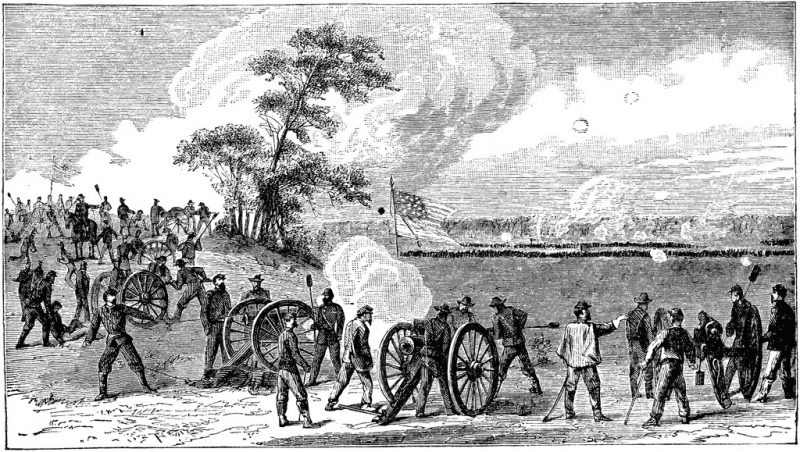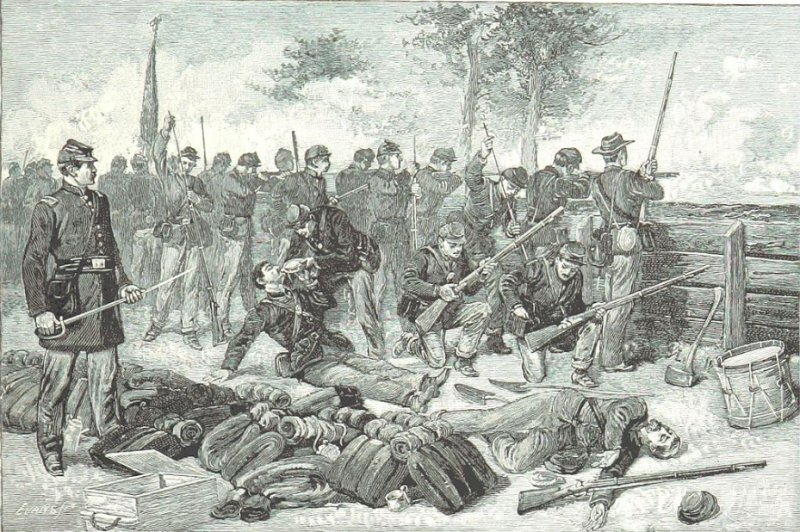The missed opportunities at Glendale led to a bloody frontal assault at the Battle of Malvern Hill the next day
Forces from the Union continued to withdraw from Harrison's Landing after securing the roads. The majority of McClellan's men were stationed at Malvern Hill on July 1, a crucial site that offered protection from the west and the north for the invasion. In their final attempt to completely destroy their northern rivals, the Confederate infantry attacked the heights and fiercely scattered toward the Union line. The bloody frontal assault at the Battle of Malvern Hill the next day is the result of the missed opportunities at Glendale.
The futile attacks into a horde of guns could have been avoided if the Battle of Glendale had gone differently, perhaps more as planned. "On two occasions in the four years, we were within reach of military successes so great that we might have hoped to end the war with our independence," wrote Confederate artillery chief Edward Porter Alexander in a postwar letter. ... The first occurred in July 1861 at Bull Run. I consider this [second] opportunity of June 30, 1862, to be the greatest of all.











